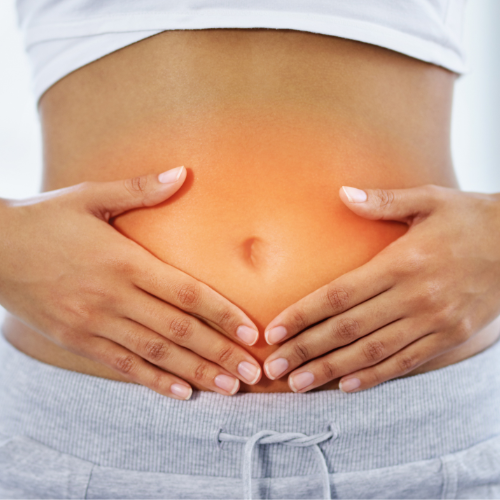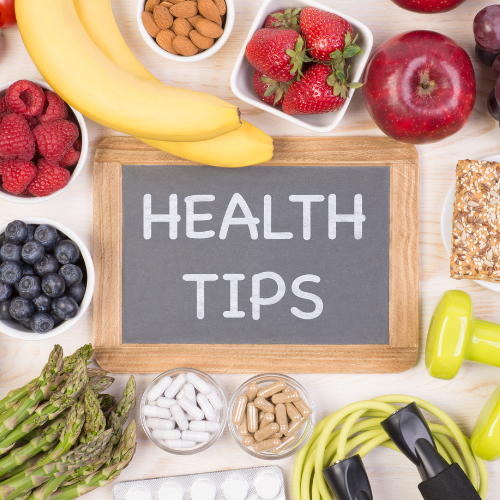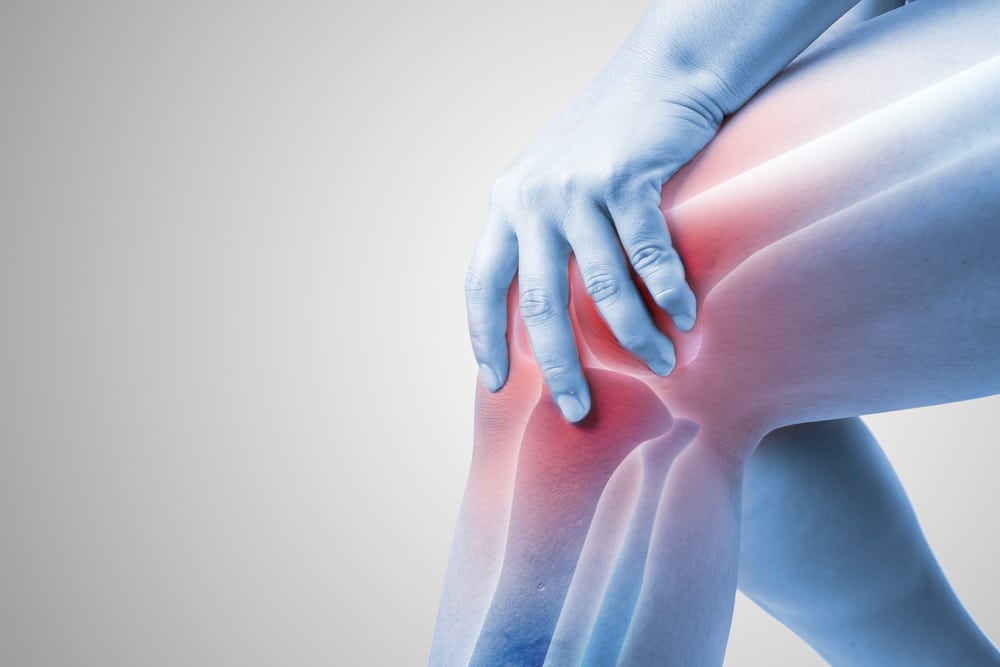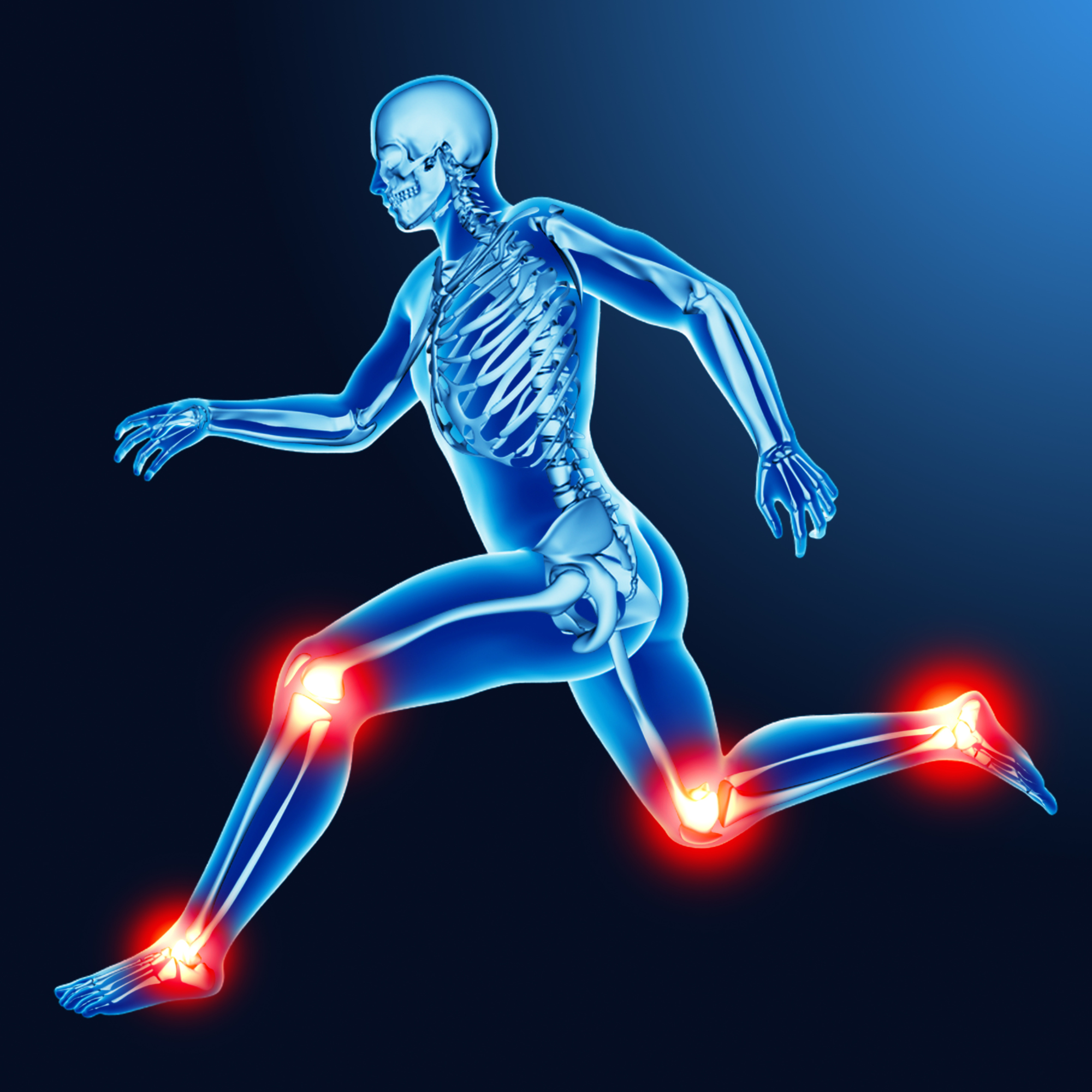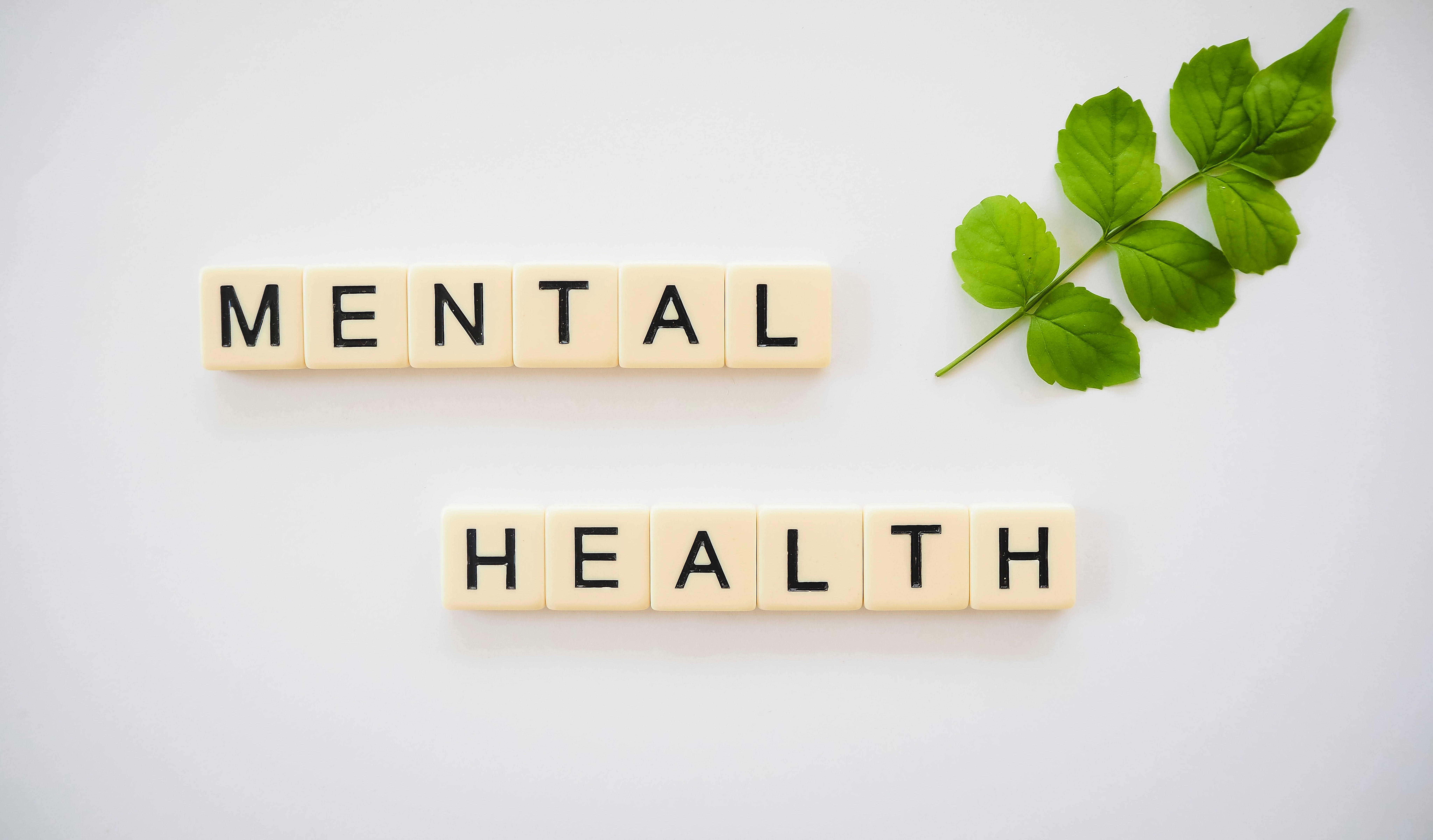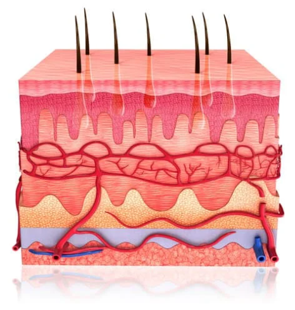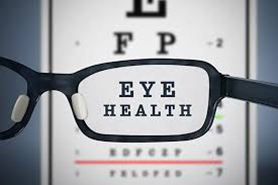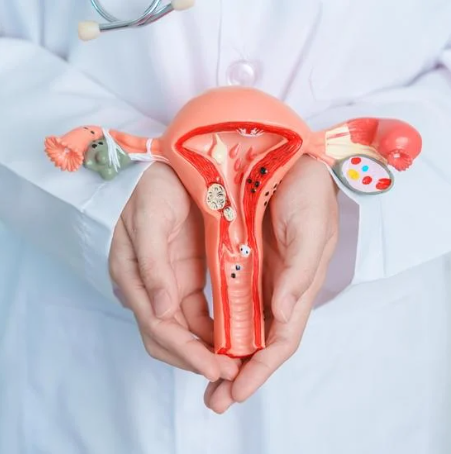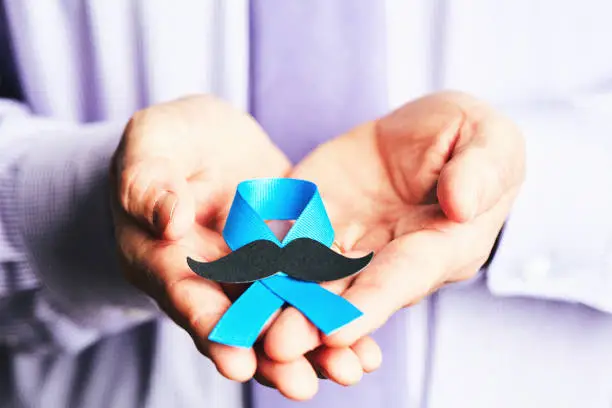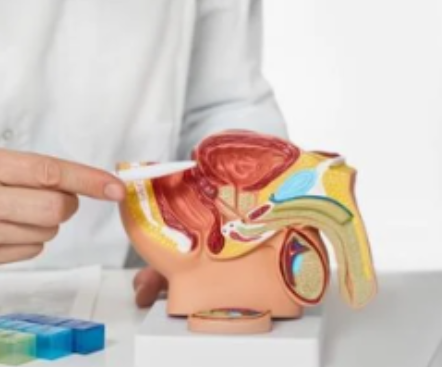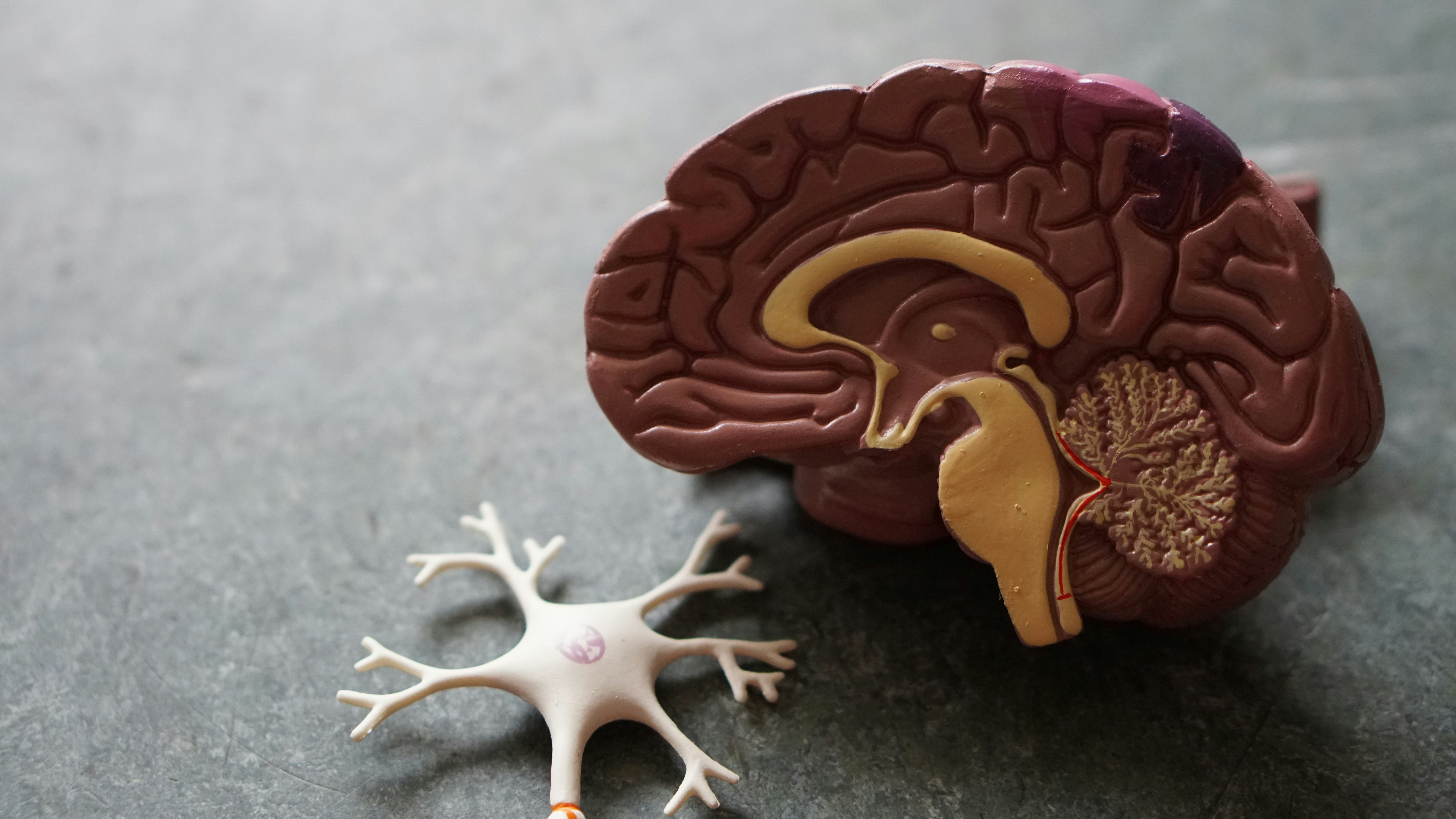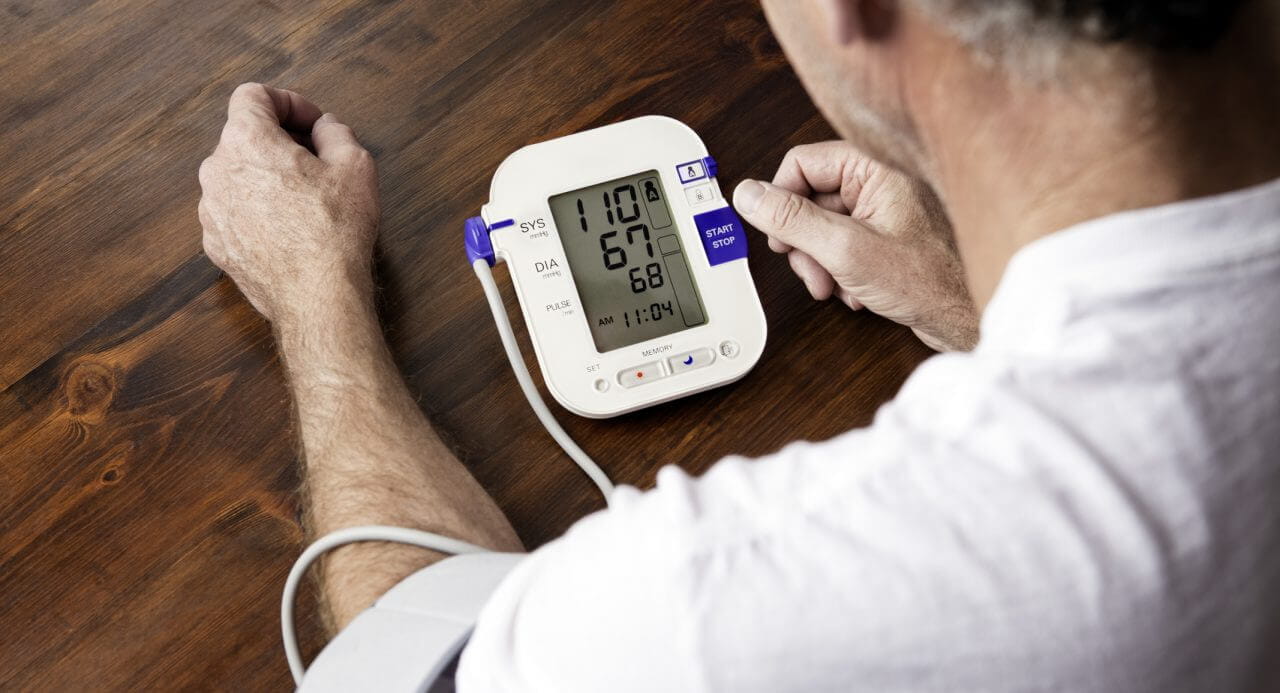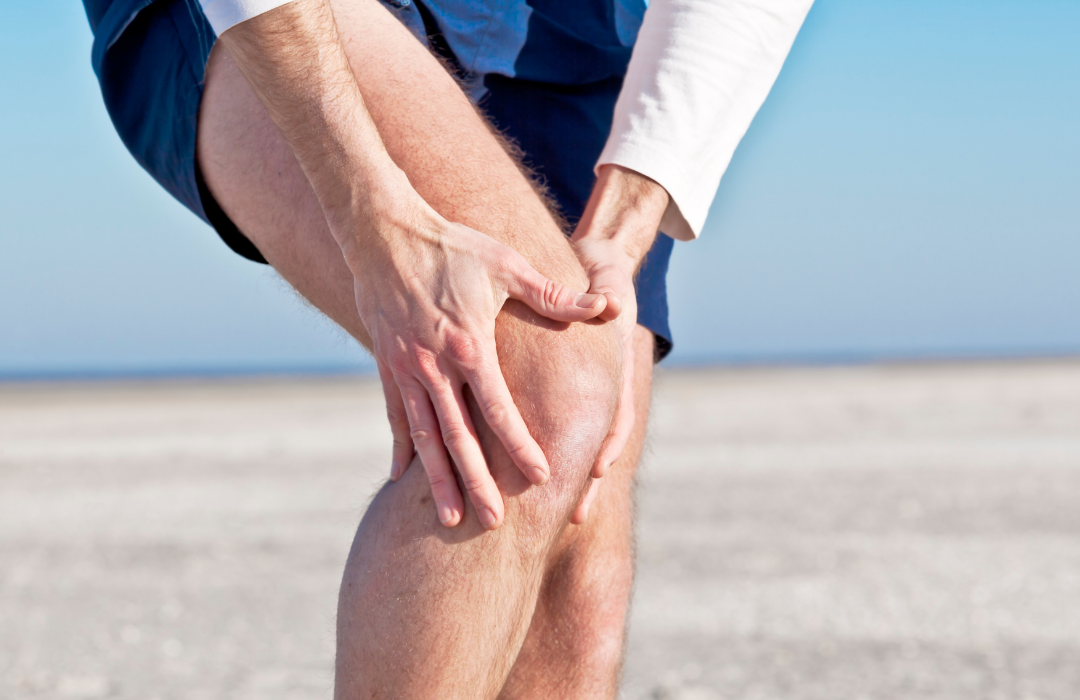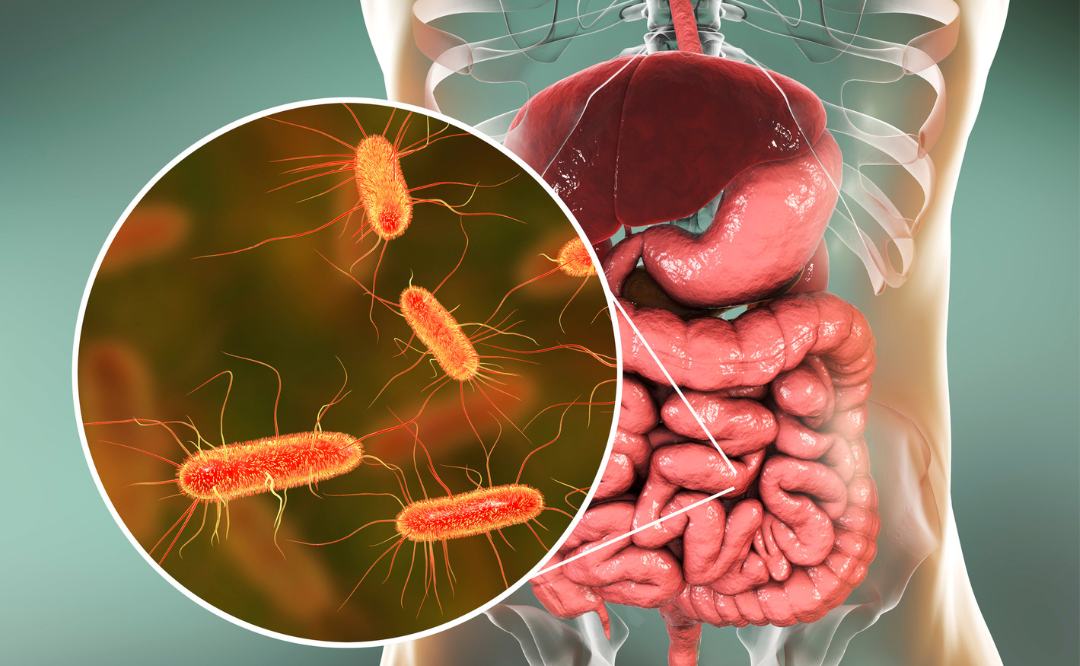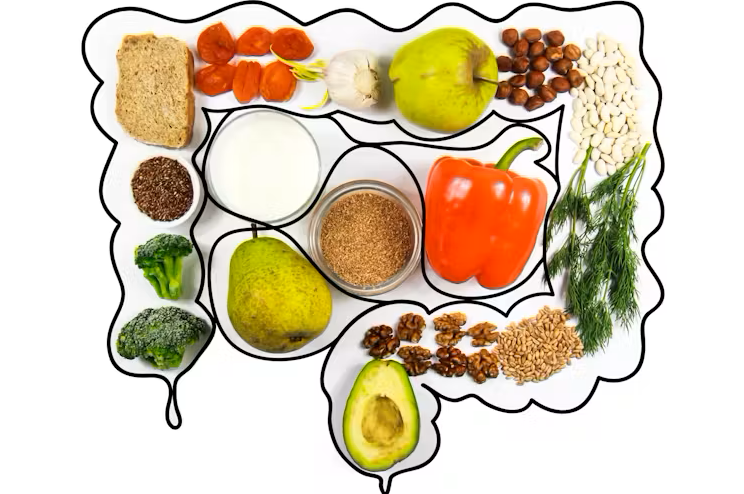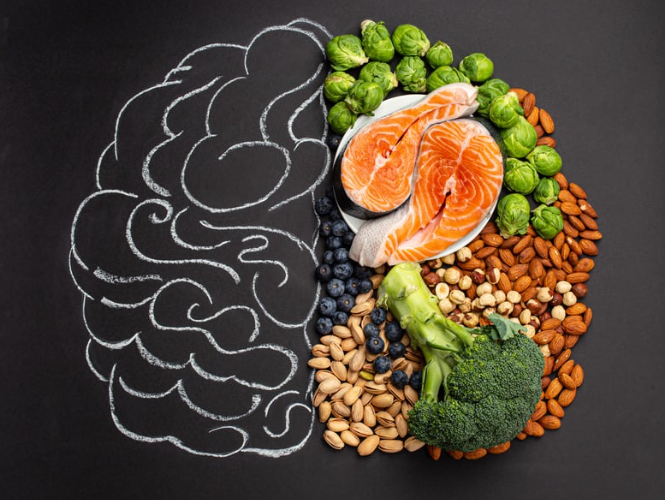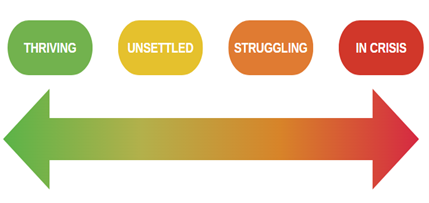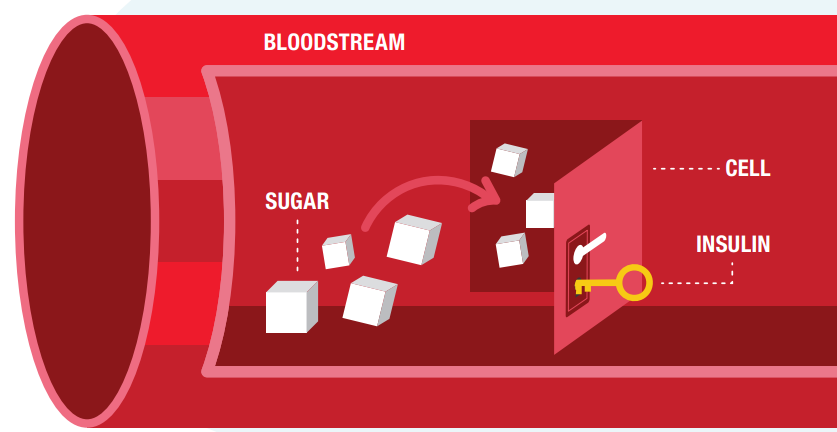
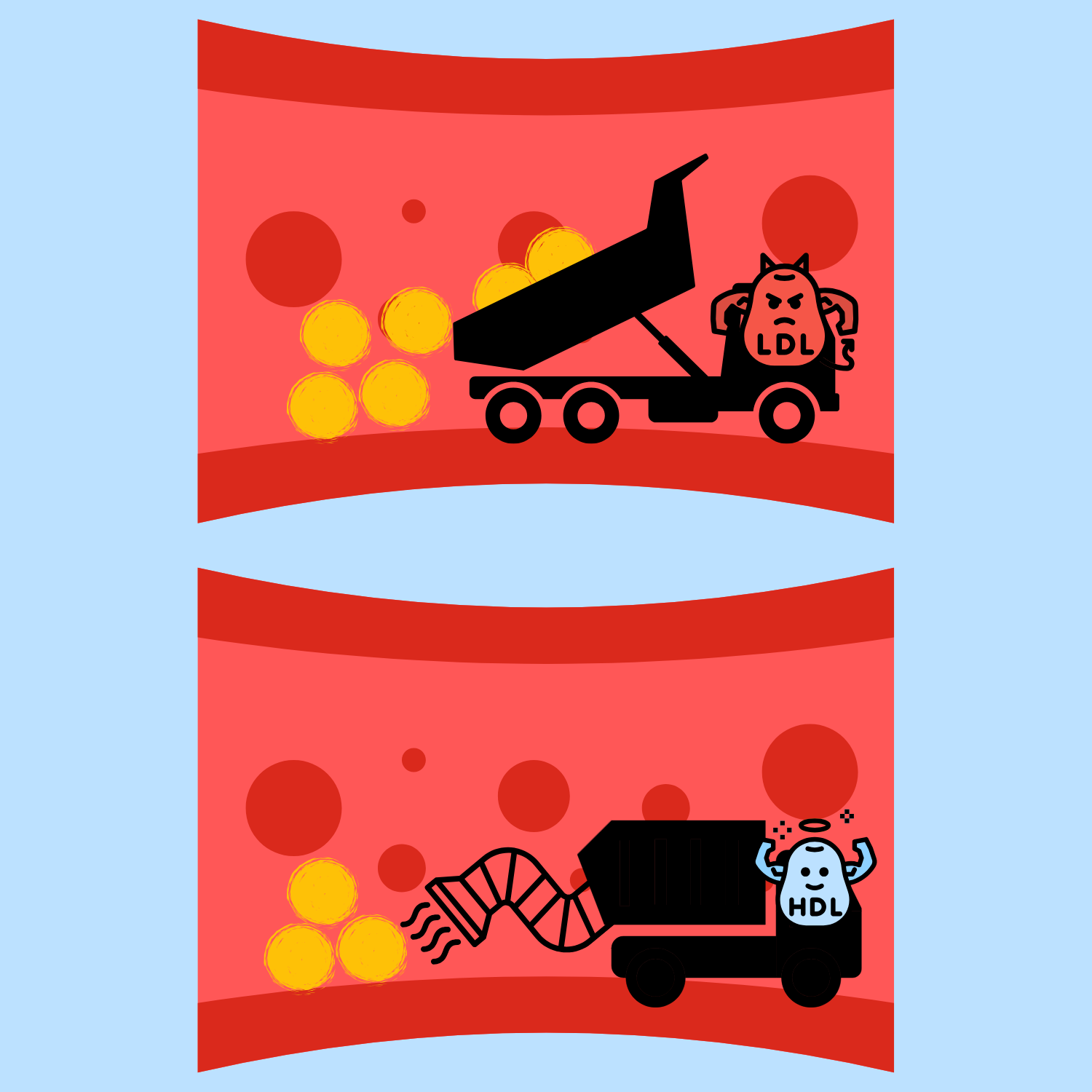
Cholesterol is a type of lipid, or fatty compound that helps your body build cell membranes and create hormones and bile. Cholesterol is necessary for the body to function, but too much of it can increase risk for cardiovascular disease. The liver produces all the cholesterol we need on its own, but additional cholesterol comes from certain foods we eat. Our bodies have a system in place to get rid of extra cholesterol but when we consume too much, this system becomes overloaded. Cholesterol then accumulates in the blood, making it harder for blood to travel through the arteries.
There are different types of cholesterol. It is important to know what they are, how they work together, and what your own cholesterol levels are. Cholesterol is measured using different units. Check the reference ranges on your lab report to see how you compare. The types of cholesterol are:
• LDL cholesterol or “lousy” cholesterol: The type of cholesterol that contributes to plaque build-up in the arteries and increases risk of heart attack and stroke. This number should be low.
• HDL cholesterol or “helpful” cholesterol: The type of cholesterol that takes extra cholesterol out of the blood stream and takes it to the liver to be removed by the body. This number should be high.
• VLDL cholesterol: Also contributes to plaque buildup in the arteries. This number should be low.
The types of fats we consume in our diets are important for managing cholesterol. Saturated fats and trans fats in products like fried foods, fatty red meat, and some dairy products contribute to increased LDL and VLDL cholesterol. On the other hand, unsaturated fats, such as olive oil, avocado, fatty fish, and unsalted nuts and seeds are helpful for increasing our good HDL cholesterol and lowering our bad LDL cholesterol. Exercise is another great way to increase our good HDL cholesterol!
Learning more about cholesterol medication:
Cholesterol medications work by blocking the body from making cholesterol. Starting a medication for cholesterol depends on many factors that influence your overall cardiovascular risk, such as family history of cardiovascular disease, other personal health conditions such as diabetes or high blood pressure, and lifestyle factors such as smoking status, fitness level, and diet choices. These factors should be discussed with your doctor prior to starting a cholesterol-lowering medication. Cholesterol medications need to be taken every day to effectively reduce cholesterol. These medications are typically a lifelong commitment to keep cholesterol levels low. Speak with your doctor about reducing or stopping your cholesterol medication if you have made significant lifestyle changes to manage cholesterol. Never discontinue your medication without speaking to your health care provider first.
Written by Amy McKeown, Health Promotion Coordinator





















